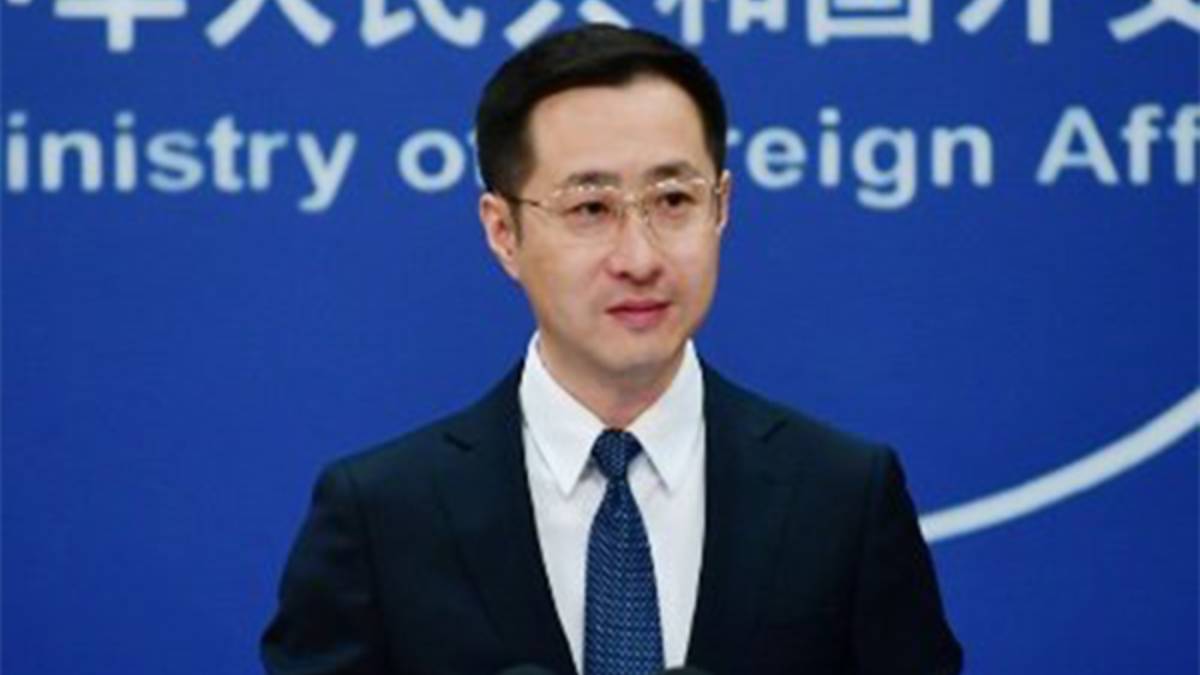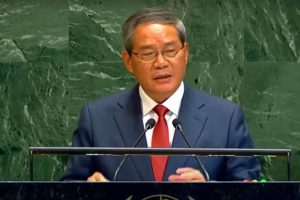China has responded sharply to the White House’s claims that it now faces tariffs of up to 245% on imports to the United States. Chinese Foreign Ministry spokesperson Lin Jian, addressing a press briefing on Wednesday, stated that Washington should provide specific figures regarding the tax rates.
Lin reiterated China’s longstanding position on the tariff issue, emphasizing that the tariff war was initiated by the US and that Beijing had implemented countermeasures to protect its legitimate rights and ensure international fairness and justice. He called China’s actions “completely reasonable and legal.”
While acknowledging that tariff and trade wars result in no winners, Lin made it clear that China does not want such conflicts but is prepared to face them if necessary. He emphasized China’s commitment to fostering global cooperation, stating, “In a world full of uncertainties, China remains committed to joining hands, not throwing punches; removing barriers, not erecting walls; promoting connectivity, not pursuing decoupling.”
This response follows the White House’s fact sheet, which stated that China’s retaliatory measures have led to tariffs as high as 245% on Chinese imports to the US, an increase from the previous 145%. The US had previously imposed reciprocal tariffs on countries with which it has a trade deficit, including China, which retaliated with its own tariffs.
US President Donald Trump, earlier this month, paused higher tariffs on dozens of countries for 90 days following trade talks. However, this pause did not apply to China, which continued its retaliation. The US has imposed a baseline 10% tariff on imports from most countries, with higher tariffs targeting those with the largest trade deficits.
In a separate briefing, White House Press Secretary Karoline Leavitt reiterated Trump’s hardline stance on China, stating that while the President is open to a trade deal, “the ball is in China’s court.” Leavitt underscored that the US would not make concessions and that China must negotiate with Washington to reach an agreement.
Trump’s approach to trade has caused a ripple effect across global markets, with concerns that rising tariffs could lead to inflation and slow down economic growth. The broader implications of the reciprocal tariffs have led to significant drops in equity markets worldwide, including in the US and Europe. Trump’s continued push for fair and reciprocal trade deals remains a central theme of his second term.





